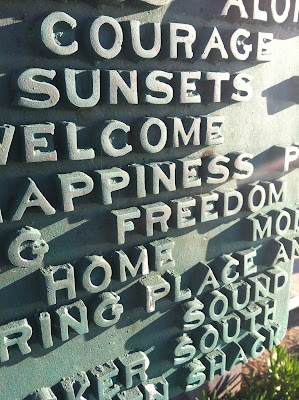Begin with a visual cue. Develop conflict and drama by writing about an sense of something inside the crawl space. Make it uncomfortable and creepy.
Is something or someone trapped there?
Is something or someone trapped there?
Create a backdrop for a situation that needs solving. Include details to involve the readers with all their senses.
By chance, someone discovers . . .
The screams drew her there . . .
Something didn't feel right about
the odor . . .
Then an unusual . . . draws him toward . . .
Include a symbol or an object in the opening scene. Let it serve as a metaphor for what occurs in the story. Will a reappearance of this symbol at the conclusion of the story satisfy readers?
Collect images that create a sense of foreboding. Excite the goosebumps to rise.
An odd odor, sounds of water, creaking wood.
Disclose potential details.
A hose leads . . .
Plunk readers into the action.
Consider how a character might reveal information through dialogue.
Bring in an investigator and allow details of the situation to unfold in unpredictable ways.
Reveal clues which suggest both physical and psychological aspects of your scene.
Let the description unfold to sustain suspense and promote interest.
Make a connection to a . . .
Surprise, amuse and amaze.















































